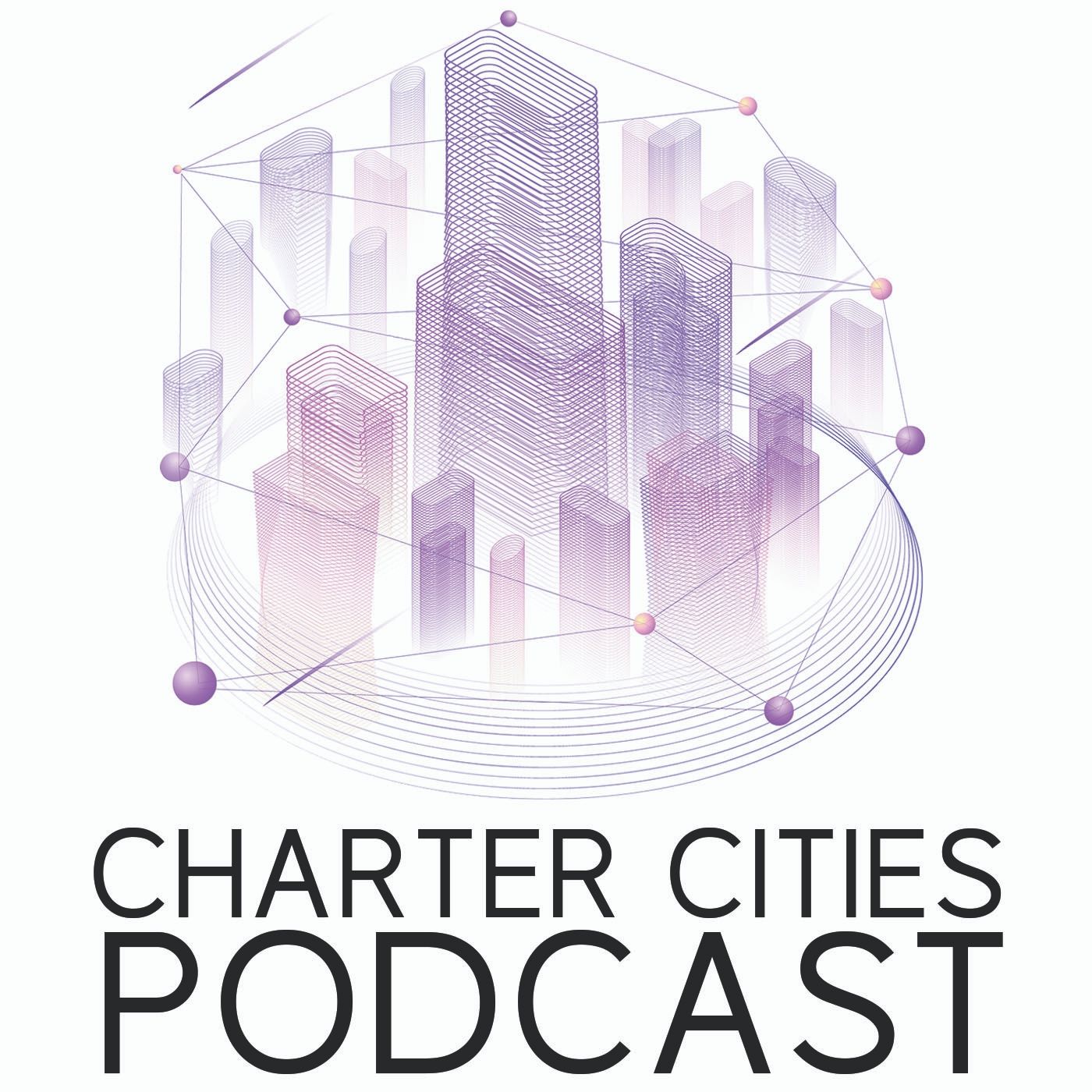Today’s guest is Ed Glaeser, a Professor of Economics at Harvard University, and he joins us to talk about urbanization and urban planning. Ed has written, or co-authored several books, including The Triumph of The City, and more recently, Survival of the City: Living and Thriving in an Age of Isolation, published this year with David Cutler. Our conversation begins on the subject of the rapid urbanization of parts of the developing world such as India and Sub-Saharan Africa. We explore what lessons can be learned in this regard from the urbanization of Latin America in the 1960s. Our exchange moves to touch on ways of urbanizing without industrialization or via services rather than manufacturing. Shifting onto the topic of urban governance, we hear Ed’s thoughts on the 15-minute city concept, how to overcome political constraints to construction such as vetocracy, and how to push back against cars when they stand as status symbols to the newly rich. We also get into why the schools in big US cities are failing and how to deal with the rising carbon emissions that come as developing countries urbanize. We then talk about COVID-related challenges to productivity and the supply chain, before wrapping up on the subject of whether charter cities are a way of experimenting with pro-entrepreneurship institutions.
Key Points From This Episode:
• The lessons to be learned from Latin America’s urbanization regarding transport and more.
• Countries that have become urbanized without being industrialized.
• The connection between urbanization and moving out of poverty.
• Perspectives on manufacturing versus service-led paths toward transformation.
• Whether there is a distinction between urban migrants who arrive due to ‘pull’ versus ‘push’ factors.
• Ed’s thoughts on whether secondary cities can be as productive as primary ones.
• The contrast between entrepreneurship and poor living conditions in Mumbai’s Dharavi slum.
• Under which conditions private provision (PPP) works best and worst.
• What we can learn from large urban infrastructure projects built in the 1970s.
• Whether there are examples of cities that are good at combatting vetocracy.
• The leaders behind cities that have experienced massive urbanization.
• Why Ed thinks the 15-minute city is a dead-end concept but agrees with some aspects of it.
• How to push back against environmentally damaging status symbols for the newly rich as a planner.
• The factors that contribute to suburbanization and whether China is headed that way.
• How to deal with the rising carbon emissions that come as developing countries urbanize.
• Why large cities in the US are failing on the schooling front and Ed’s thoughts on a solution.
• Ed’s thoughts on a land-grant university model in developing countries.
• How to grapple with current COVID-related supply chain challenges.
• Productivity after social distancing in light of the connection between density and productivity.
• Why London and New York are still the only truly global cities.
• Whether charter cities are a way of experimenting with pro-entrepreneurship institutions.
Links Mentioned in Today’s Episode:
https://scholar.harvard.edu/glaeser/home (Ed Glaeser)
https://www.nber.org/ (National Bureau of Economic Research)
https://www.amazon.com/Triumph-City-Greatest-Invention-Healthier/dp/0143120549 (Triumph of The City)
https://www.amazon.com/Survival-City-Living-Thriving-Isolation-ebook/dp/B08V896ZD6 (Survival of the City: Living and Thriving in an Age of Isolation)
https://scholar.harvard.edu/cutler/home (David Cutler)...
Support this podcast


